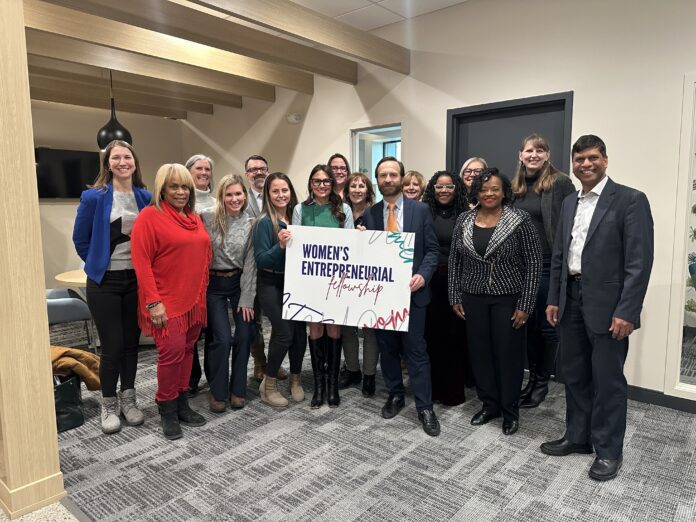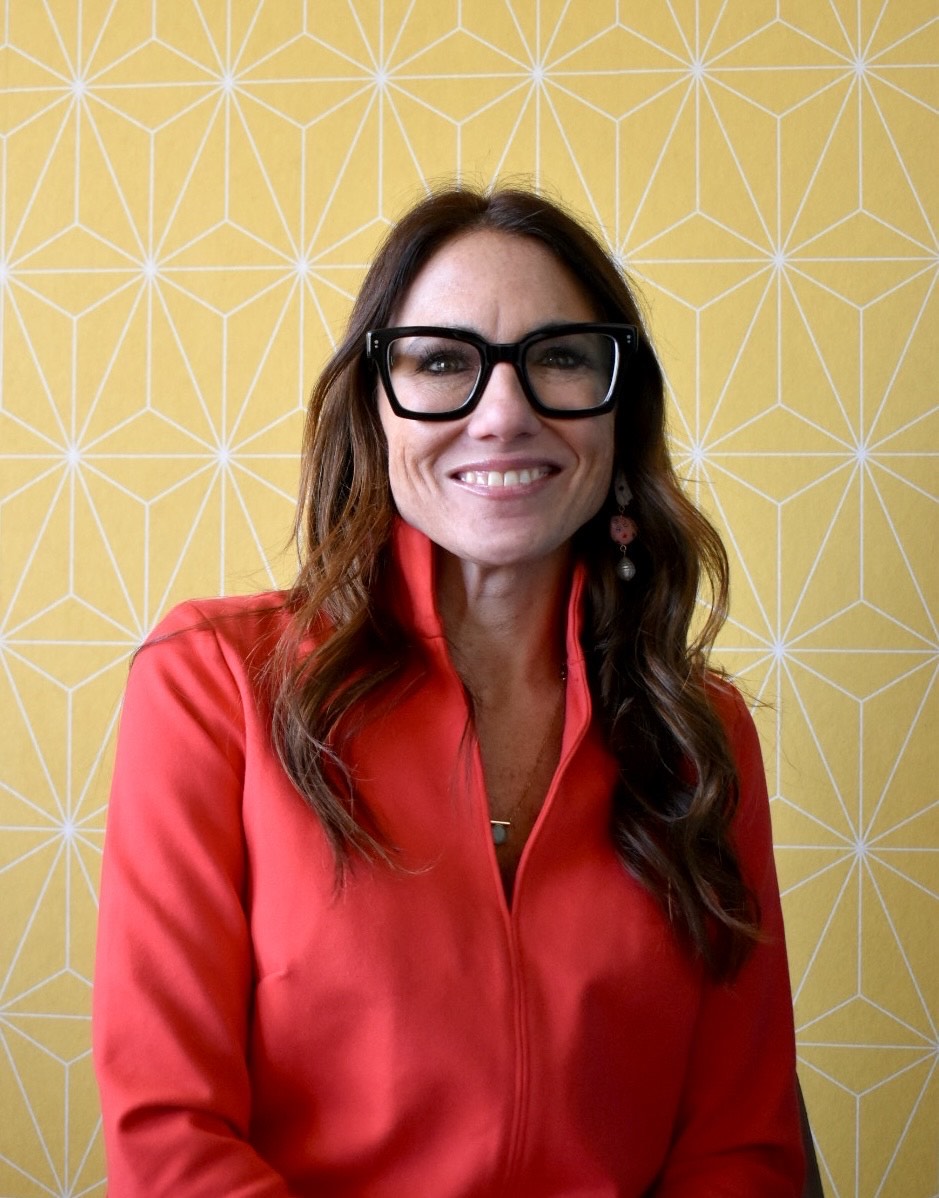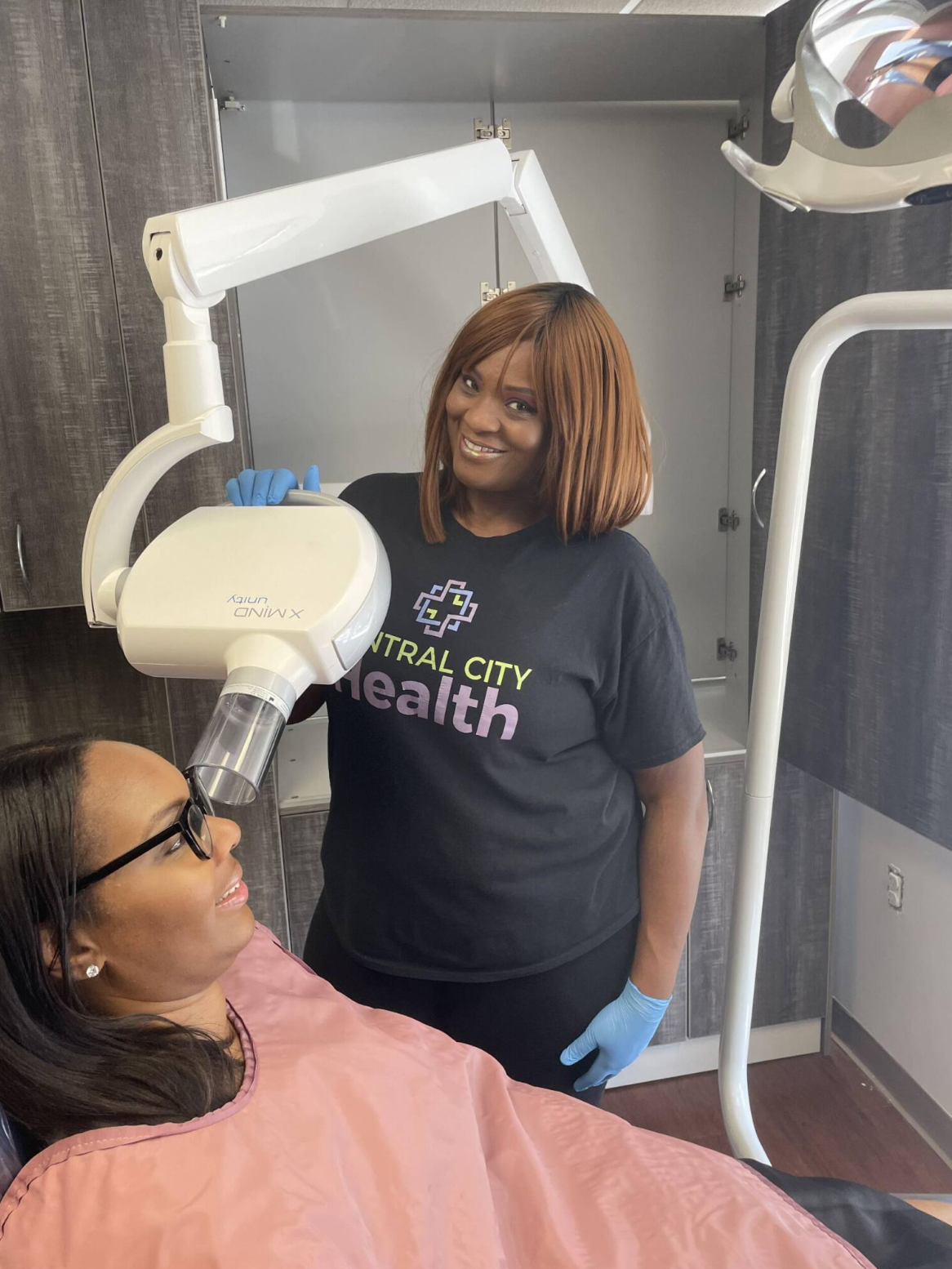
When a woman CEO needs growth capital, she completes Personal Financial Statements, compiles three years of tax returns, and prepares detailed projections before any bank will schedule a meeting. Her male competitor discusses the same credit line over drinks at the country club, where documentation comes up after the handshake, if at all.
After 18 years in business, I’ve watched this pattern repeat across industries, across states, across decades. As Program Director of the Women’s Entrepreneurial Fellowship, I see it magnified through the experiences of dozens of established women business owners who face the same systemic barriers to growth.
According to the Wells Fargo Impact of Women-Owned Business Report, only 10% of women-owned small businesses secure traditional loans, and when they do, they receive about half the funding men receive. The 2025 Founders Forum report shows women-led companies get just 2.3% of global venture capital. These aren’t just statistics; they represent innovation delayed, jobs not created, and economic potential unrealized.
What these numbers don’t capture is the daily reality for women running established businesses. We’re not struggling with startup basics like writing business plans or understanding QuickBooks. We’re managing million-dollar operations, leading teams, and making complex strategic decisions, all while navigating systematic barriers our male competitors never face.
The Hidden Tax on Growth
Every woman running an established business pays an invisible tax that compounds over time. The extra documentation required for funding applications means less time for strategic planning. The need to bring male colleagues to certain meetings for credibility means navigating complex power dynamics within your own team. The constant calculation of whether assertiveness will be labeled “aggressive” creates decision fatigue that has nothing to do with business fundamentals.
This tax shows up in unexpected places. Women business owners report signing emails with initials instead of first names to get faster vendor responses. They describe bringing male employees to meetings where their own expertise should suffice. They share stories of banks calling husbands about business credit lines, even when those husbands have no ownership or involvement in the company.
These aren’t isolated incidents or misunderstandings. They’re patterns that reflect systematic bias embedded in business practices, and they have real consequences for growth, innovation, and economic development.
You’re right – it’s clunky to describe the program twice. Here’s a cleaner version that introduces the fellowship once, more naturally:
The Power of Peer Networks
Lillian Werbin, CEO of Elderly Instruments, identified a critical gap: “Something I’ve lacked in my professional career is a group of women in the same seat that I’m in.”
That isolation isn’t just lonely—it’s strategically limiting. Traditional business networks often leave women as the sole female voice in rooms where even acknowledging gender bias risks being labeled “difficult” or not a “team player.”
The Women’s Entrepreneurial Fellowship creates space for honest conversation among women navigating similar challenges. We tackle the real challenges of second-stage growth: managing cash flow through rapid expansion, building compensation structures that retain top talent, navigating crisis communications, and developing operational systems that scale. Every session is led by business owners who have actually done it, who have dealt with economic downturns, transitioned leadership, or navigated supply chain disruptions. This approach emphasizes peer-to-peer learning, where the curriculum stems from real-life experiences instead of textbooks.
Economic Imperative, Not Social Program
According to the SBA’s Small Business Economic Profile, women own 43.5% of Michigan businesses—nearly double the national average. The Wells Fargo Impact of Women-Owned Business Report shows that if women-owned businesses achieved revenue parity with men, we’d add $7.9 trillion to the U.S. economy.
But behind every underfunded woman-owned business are jobs never created, innovations never reaching market, and talented women leaving entrepreneurship because additional barriers finally outweigh their passion for building something meaningful.
Programs like ours, funded through strategic economic development initiatives, recognize this reality. But 20 women annually can’t address systemic challenges affecting hundreds of thousands nationwide.
The Path Forward
Real change requires institutional honesty and action. Financial institutions need to examine their lending patterns with the same rigor they apply to loan applications. When data shows women receiving smaller loans despite comparable performance, those patterns demand investigation and correction, not justification.
Investment firms claiming to value diversity need to move beyond photo opportunities and actually fund women-led companies that demonstrate strong returns. Economic development organizations need to design programs addressing the specific challenges of scaling while female, not just offer generic business education assuming all entrepreneurs face identical obstacles.
Most importantly, we need to stop asking women to be more resilient and start asking systems to be less biased. We need to recognize that when half of your potential entrepreneurs face additional, unnecessary barriers to growth, your entire economy operates below capacity.
The Women’s Entrepreneurial Fellowship provides temporary relief from barriers, creating a space where competence is assumed, strategies emphasize growth rather than justification, and isolation is diminished through connections with peers who share similar experiences.
Women business owners don’t need remediation. We need recognition that the systems making everything harder for us are the things that actually need fixing.
Until those systems change, we’ll continue building our own networks, creating our own opportunities, and supporting each other through challenges that shouldn’t exist in 2025, but do.

Kim Bode is the Program Director of the Women’s Entrepreneurial Fellowship and founder of 8THIRTYFOUR Integrated Communications, a woman-owned small business that has been recognized as one of Michigan’s 50 Companies to Watch, Women-owned Small Business of the Year, and as a Forbes’ Top 200 PR Firms.
The Women’s Entrepreneurial Fellowship is a nine-month program for established women business owners in Michigan, offering monthly workshops, one-on-one mentorship, and peer collaboration focused on second-stage business challenges. The program is operated by the SBAM Foundation and funded through the Michigan Economic Development Corporation’s Small Business Support Hub Grant, with support from the U.S. Department of the Treasury. Applications for the 2025-26 cohort are now open through the end of September at sbamwef.org/apply.






